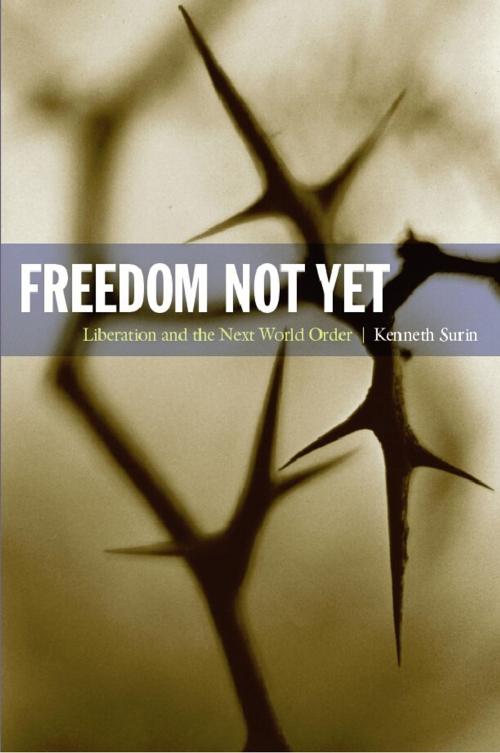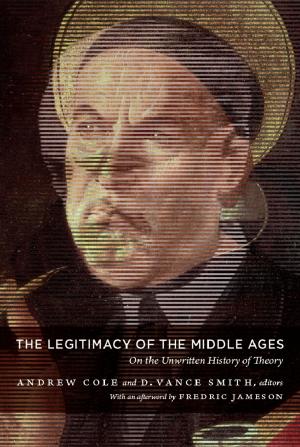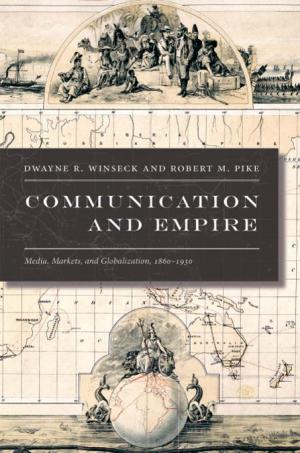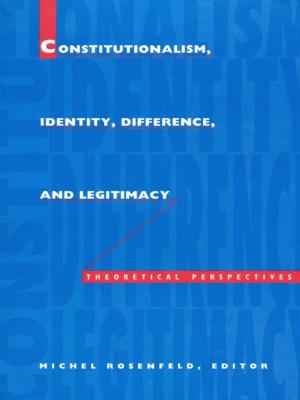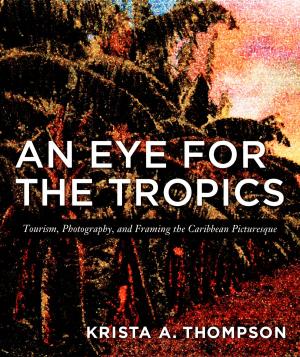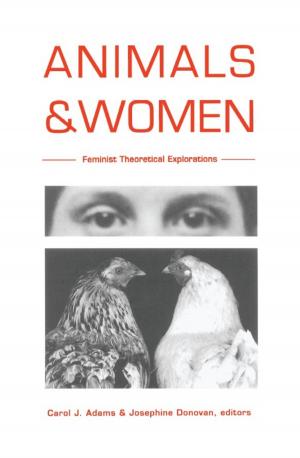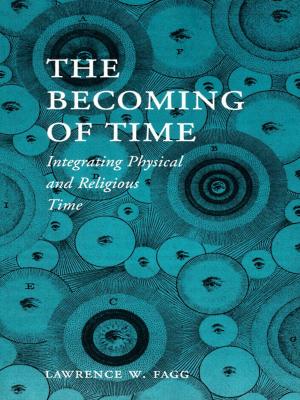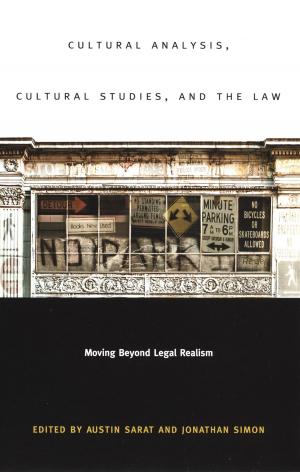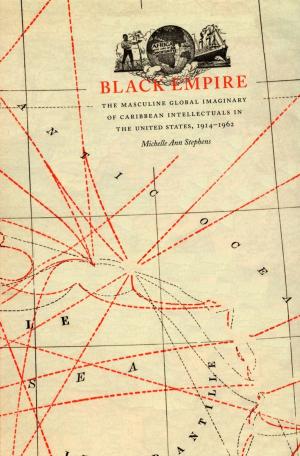Freedom Not Yet
Liberation and the Next World Order
Fiction & Literature, Literary Theory & Criticism, Theory, Nonfiction, Social & Cultural Studies, Political Science| Author: | Kenneth Surin, Creston Davis, Philip Goodchild | ISBN: | 9780822391609 |
| Publisher: | Duke University Press | Publication: | December 2, 2009 |
| Imprint: | Duke University Press Books | Language: | English |
| Author: | Kenneth Surin, Creston Davis, Philip Goodchild |
| ISBN: | 9780822391609 |
| Publisher: | Duke University Press |
| Publication: | December 2, 2009 |
| Imprint: | Duke University Press Books |
| Language: | English |
The neoliberal project in the West has created an increasingly polarized and impoverished world, to the point that the vast majority of its citizens require liberation from their present socioeconomic circumstances. The marxist theorist Kenneth Surin contends that innovation and change at the level of the political must occur in order to achieve this liberation, and for this endeavor marxist theory and philosophy are indispensable. In Freedom Not Yet, Surin analyzes the nature of our current global economic system, particularly with regard to the plight of less developed countries, and he discusses the possibilities of creating new political subjects necessary to establish and sustain a liberated world.
Surin begins by examining the current regime of accumulation—the global domination of financial markets over traditional industrial economies—which is used as an instrument for the subordination and dependency of poorer nations. He then moves to the constitution of subjectivity, or the way humans are produced as social beings, which he casts as the key arena in which struggles against dispossession occur. Surin critically engages with the major philosophical positions that have been posed as models of liberation, including Derrida’s notion of reciprocity between a subject and its other, a reinvigorated militancy in political reorientation based on the thinking of Badiou and Zizek, the nomad politics of Deleuze and Guattari, and the politics of the multitude suggested by Hardt and Negri. Finally, Surin specifies the material conditions needed for liberation from the economic, political, and social failures of our current system. Seeking to illuminate a route to a better life for the world’s poorer populations, Surin investigates the philosophical possibilities for a marxist or neo-marxist concept of liberation from capitalist exploitation and the regimes of power that support it.
The neoliberal project in the West has created an increasingly polarized and impoverished world, to the point that the vast majority of its citizens require liberation from their present socioeconomic circumstances. The marxist theorist Kenneth Surin contends that innovation and change at the level of the political must occur in order to achieve this liberation, and for this endeavor marxist theory and philosophy are indispensable. In Freedom Not Yet, Surin analyzes the nature of our current global economic system, particularly with regard to the plight of less developed countries, and he discusses the possibilities of creating new political subjects necessary to establish and sustain a liberated world.
Surin begins by examining the current regime of accumulation—the global domination of financial markets over traditional industrial economies—which is used as an instrument for the subordination and dependency of poorer nations. He then moves to the constitution of subjectivity, or the way humans are produced as social beings, which he casts as the key arena in which struggles against dispossession occur. Surin critically engages with the major philosophical positions that have been posed as models of liberation, including Derrida’s notion of reciprocity between a subject and its other, a reinvigorated militancy in political reorientation based on the thinking of Badiou and Zizek, the nomad politics of Deleuze and Guattari, and the politics of the multitude suggested by Hardt and Negri. Finally, Surin specifies the material conditions needed for liberation from the economic, political, and social failures of our current system. Seeking to illuminate a route to a better life for the world’s poorer populations, Surin investigates the philosophical possibilities for a marxist or neo-marxist concept of liberation from capitalist exploitation and the regimes of power that support it.
